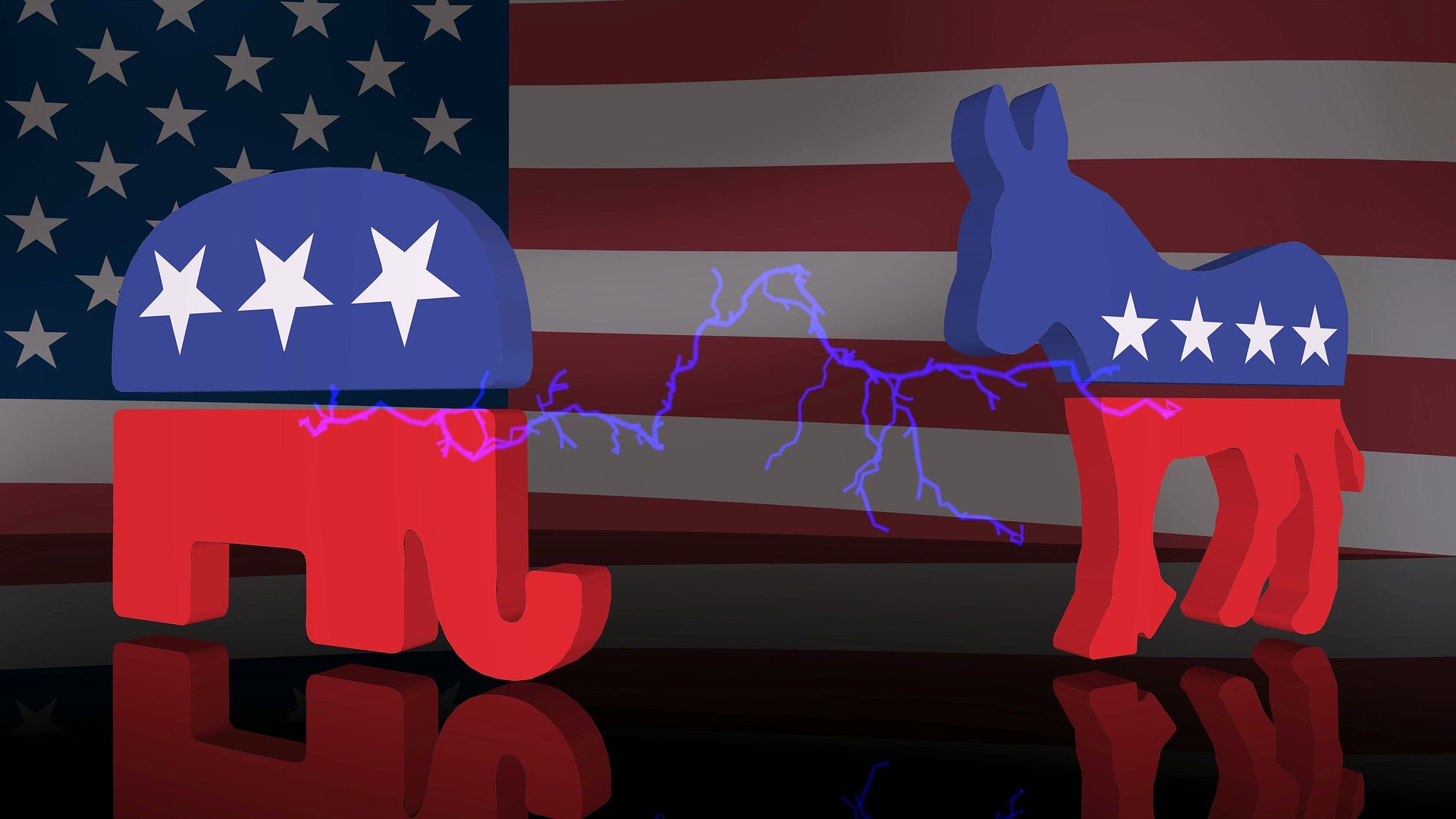AXA IM: Any Democratic President will have reduced capacity to steer economy
AXA IM: Any Democratic President will have reduced capacity to steer economy

By Gilles Moëc, AXA Group Chief Economist and Head of AXA IM Research
Beyond the name of Biden’s replacement, the key issue is how different the economic platform of Trump’s challenger will be from Biden’s. With limited time to produce a fresh agenda, and in any case a decent level of consensus across the Democratic party on economic issues, we would not expect much change.
The expected economic plans of the new Democratic candidate may be summarized as follows:
- Anti-China policy
On international trade, any Democratic candidate would probably push a quite muscular 'anti-China' policy. Biden did not repeal the special tariffs levied by Trump and with public opinion harbouring negative feelings on China – the Pew Centre’s polls suggest more than 80% of US citizens have a negative opinion of the country – 'rolling back' the Chinese export machine has become uncontroversial in Washington. The key difference with Trump would remain the treatment of imports from other suppliers, which in case of a Democratic victory in November would spare European exporters a smaller but still painful version of the trade war against Beijing. - CHIPS Act, IRA, Net Zero
Any Democratic candidate would probably maintain Biden’s approach to industrial policy, with a continuation of the CHIPS Act and the IRA, with sustained support for the US transition to net zero. - Fiscal matters
Much of the savings any Democratic candidate would contemplate would stem from allowing some of the tax cuts implemented by Trump in 2017 to expire, at least those which benefit highly paid individuals the most. - Immigration
On immigration, any Democratic candidate will probably pledge to reduce inflows, but in any case, the impact on working age population dynamics would be smaller than if Donald Trump 'hard agenda' prevails.
The situation remains fluid, but our baseline is that, even with Joe Biden out of the race, it is Donald Trump who would still come up with the agenda with the most tangible impact on markets, given its inflationary aspects such as the brutal clampdown on immigration, generalised custom tariffs hikes, and accommodative fiscal policy.
In any case, the probability for any President from the Democratic party would also be enjoying a majority in Congress is small, which would reduce his or her capacity to steer the economy. The ‘Trump Trade’, which recently has supported the dollar and put a floor under long-term interest rates despite expectations of rate cuts, is likely to remain live.








